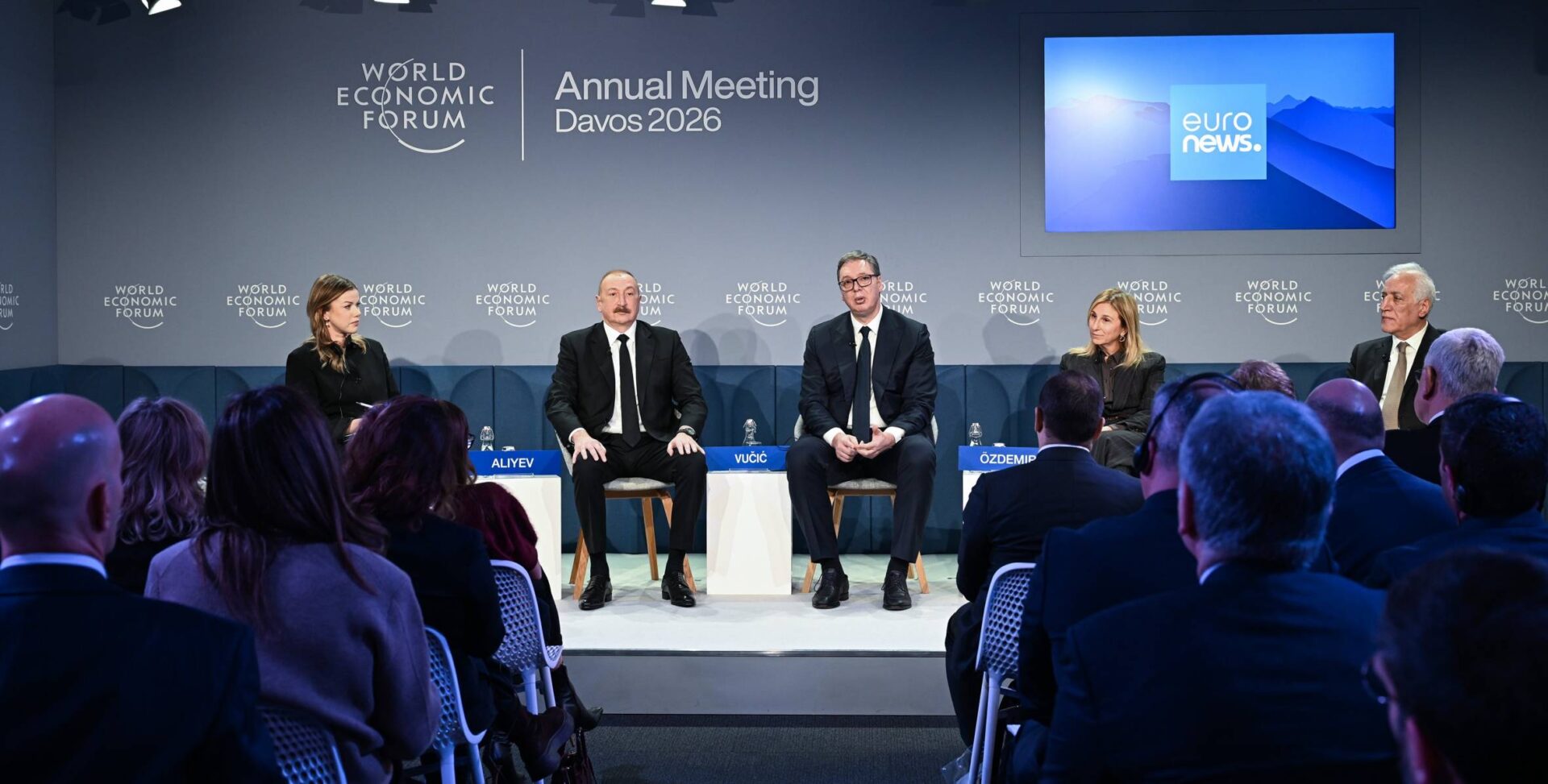PARTIES MOBILIZE FOR PARLIAMENTARY ELECTIONS IN KYRGYZSTAN
PARTIES MOBILIZE FOR PARLIAMENTARY ELECTIONS IN KYRGYZSTAN
Following Kyrgyz President Kurmanbek Bakiyev’s decree to hold a constitutional referendum on October 21, most political forces in Kyrgyzstan are almost certain that the referendum will lead to snap parliamentary elections as early as December 2007 or January 2008. The current constitutional draft presented by the president would change the electoral system from a majoritarian structure into party-list configuration.
Few political analysts doubt that the referendum will be supported by a simple majority of voters. Kyrgyzstan’s biggest political parties are rapidly consolidating, while smaller parties are seeking alliances with stronger forces.
To date, seven political parties have begun actively mobilizing their forces. They include:
Asaba, led by MP Azimbek Beknazarov and former foreign minister Roza Otunbayeva,
Akshumkar, led by MPs Osmonbek Artykbayev, Kubatbek Baibolov, and Baktybek Beshimov,
Ata Meken, led by MPs Omurbek Tekebayev and Bolot Sherniyazov,
Ar Namys, led by former prime minister Felix Kulov,
Zhany Kyrgyzstan, led by State Advisor Usen Sydykov,
Liberal Progressive Party, led by entrepreneur Maksat Kunakunov,
Social Democratic Party of Kyrgyzstan, led by Prime Minister Almazbek Atambayev, and
Republican Party of Labor and Unity, led by Zhanysh Bakiyev and Zhusup Bakiyev, both brothers of President Bakiyev.
Despite being the obvious leaders among dozens of other political forces in the country, most of the above parties are more associated with their founders as opposed to political programs. MPs who enjoy strong support from their local precincts and are members of known political parties are likely to retain their seats in the parliament. Prime Minister Atambayev is likely to be supported by the urban population. None of the above parties, however, can claim to have a country-wide base; therefore, new blocs are likely to emerge even among the biggest parties.
President Bakiyev himself is not a member of any political party and will not have time to form one on his own. Therefore he will likely join the strongest pro-regime party. He will need to align with a party that will secure his support in northern Kyrgyzstan, where his popularity is the lowest. According to Tekebayev, the president’s chances in the south are grim as well. Since up to 17% of the southern population is ethnic Uzbek, citizens there will vote for the political party that best represents their interests — Ata Meken. The president still has high chances for his party to be represented in the parliament due to the large government bureaucracy in Kyrgyzstan, which will almost certainly be forced to vote pro-regime.
Bakiyev’s most vocal rival, Kulov, is unlikely to win wide support. Once popular, Kulov’s Ar Namys party lost most of its sympathizers after it organized protests this April. Both Bakiyev and Kulov were among the most popular political leaders in Kyrgyzstan following the Tulip Revolution on March 24, 2005. However, their reputation has been smeared by corruption scandals, inadequate political moves, and ineffective policies.
The major difference between Kyrgyzstan and neighboring Kazakhstan, where similar constitutional changes took place earlier this year, will be the existence of several competing political parties. Furthermore, Bakiyev does not enjoy leadership over a political party with a vertical structure such as President Nursultan Nazarbayev’s Nur Otan.
If elections are to be held in the next few months, political parties will have only a limited time to consolidate, come up with political programs, and build their electoral campaigns. At a minimum, they will need to offer a potentially viable economic policy, given the country’s rapid inflation. But early elections will also sort out the country’s stronger and weaker political forces. They will test the popularity of parliament, the president, and prime minister. According to some Kyrgyz experts, little room will be left for further public protests, which have been plaguing the country since March 2005. It also might produce strong political leaders ready to compete with Bakiyev in the 2010 presidential elections.
The Kyrgyz political opposition has long sought constitutional reform through a referendum. The main reason for converting the electoral system into a party-list structure is to grant equal chances for candidates from different financial backgrounds. Also, the party-list system should subdue cultural cleavages among influential clans and families. Indeed, it remains to be seen to what extent these flaws will be overcome and whether the new constitution will be efficient.
(Akipress.kg, 24.kg, fergana.ru, September 12-26)


